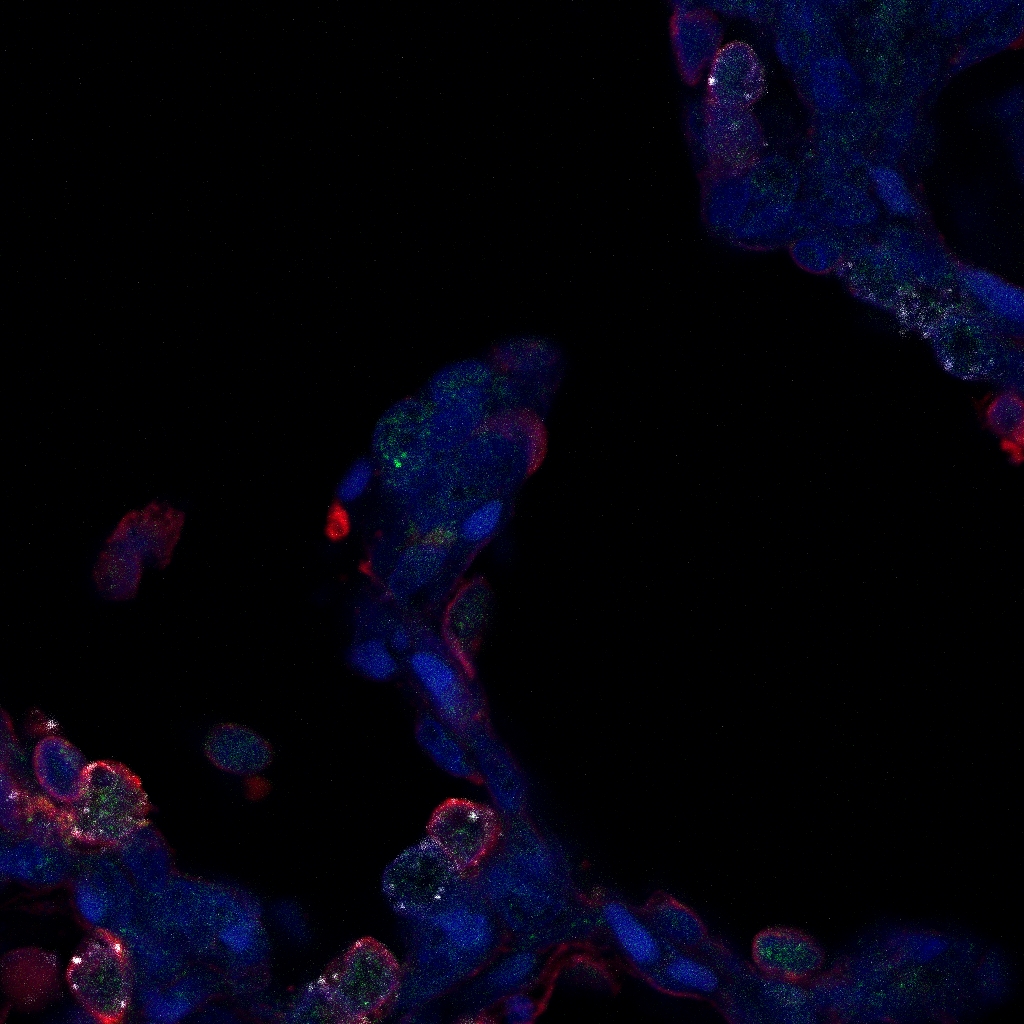Scaling Up Synthetic Biology

to develop an efficient and programmable method to transfer chromosomes between human cells
Ahmad Khalil
Boston University
Liam Holt
New York University
Teresa Davoli
New York University
Jef D. Boeke
New York University
to find grammatical rules relating enhancer sequence to function to understand how genomes encode health, disease and to design enhancers to precisely deliver genes for biomedical applications
Emma Farley
University of California, San Diego
Hannah Carter
University of California, San Diego
Jill Mesirov
University of California, San Diego
to demonstrate the feasibility of Agrobacterium-mediated transformation to deliver large DNA sequences into non-model human cells
Christopher Ashby Voigt
Massachusetts Institute of Technology
Kate E Galloway
Massachusetts Institute of Technology
to develop three complementary methods for the multiplexed assembly of long genes (>1kb)
Sudarshan Pinglay
University of Washington
Sanjay R. Srivatsan
Fred Hutchinson Cancer Center
Calin Plesa
University of Oregon
to enable the design of complex, neuro-inspired protein circuits through scalable engineering of enzymes with programmable specificity and activity
Michael Elowitz
California Institute of Technology
to construct modular and scalable synthetic chromosomes unlocking faster, cheaper and parallelisable assembly of large-scale DNA for many host organisms including higher eukaryotes
Benjamin Blount
University of Nottingham
John Timothy Heap
University of Nottingham
to develop robust methods for efficient assembly of megabase synthetic human artificial chromosomes (SynHACs) in yeast and stably deliver these into human cell lines
Tom Ellis
Imperial College London
Patrick Yizhi Cai
Manchester Institute of Biotechnology
Francesca Ceroni
Imperial College London
to support scalable approaches for large genome insertions by building an experimental and computational models that predict how DNA sequence controls gene regulation in all human cell types, and indicate how regulatory mutations cause disease
Carl de Boer
University of British Columbia
Jussi Taipale
University of Helsinki



